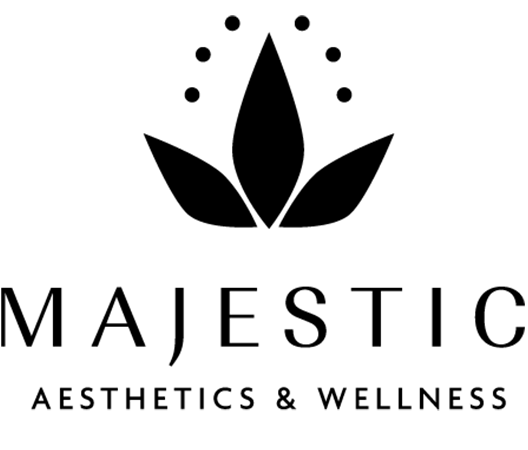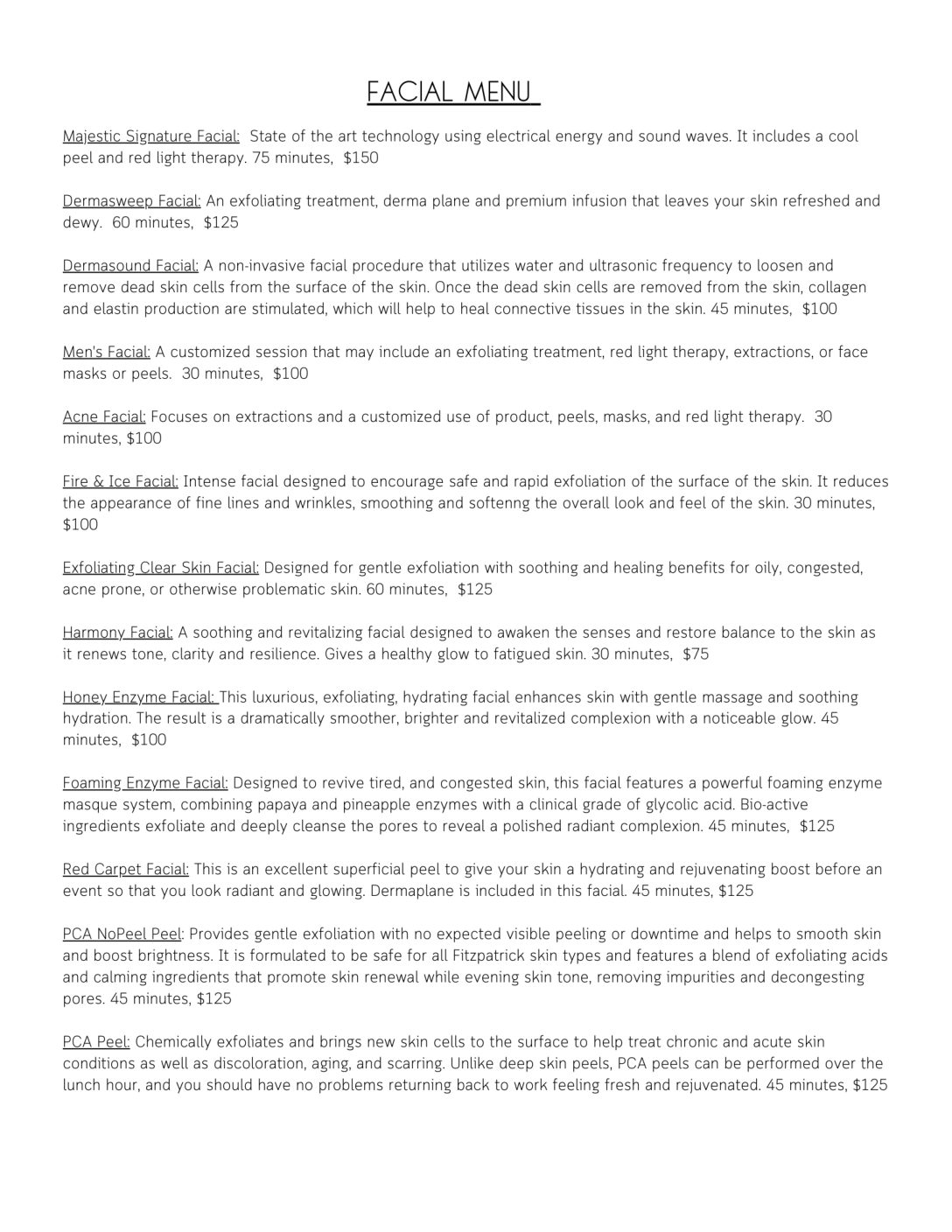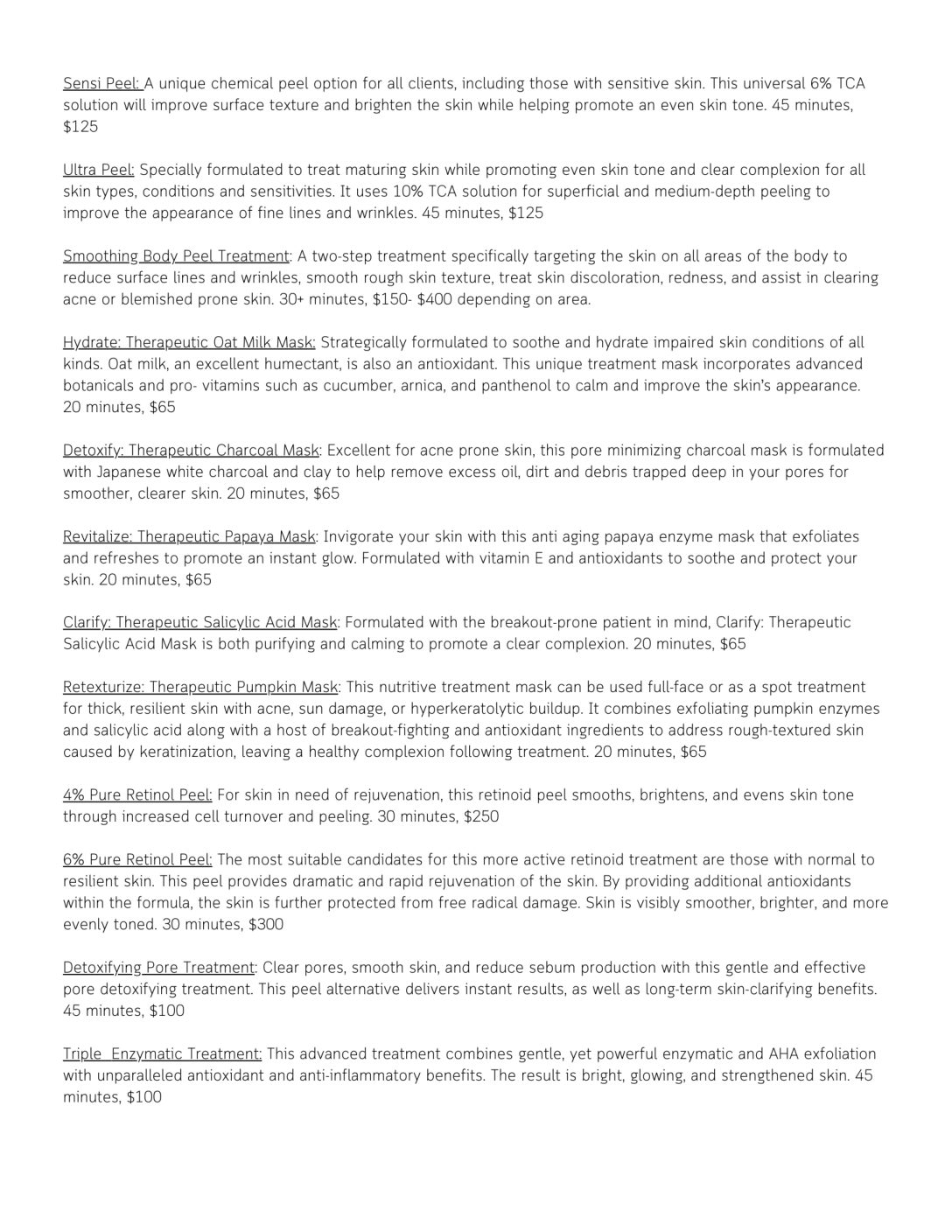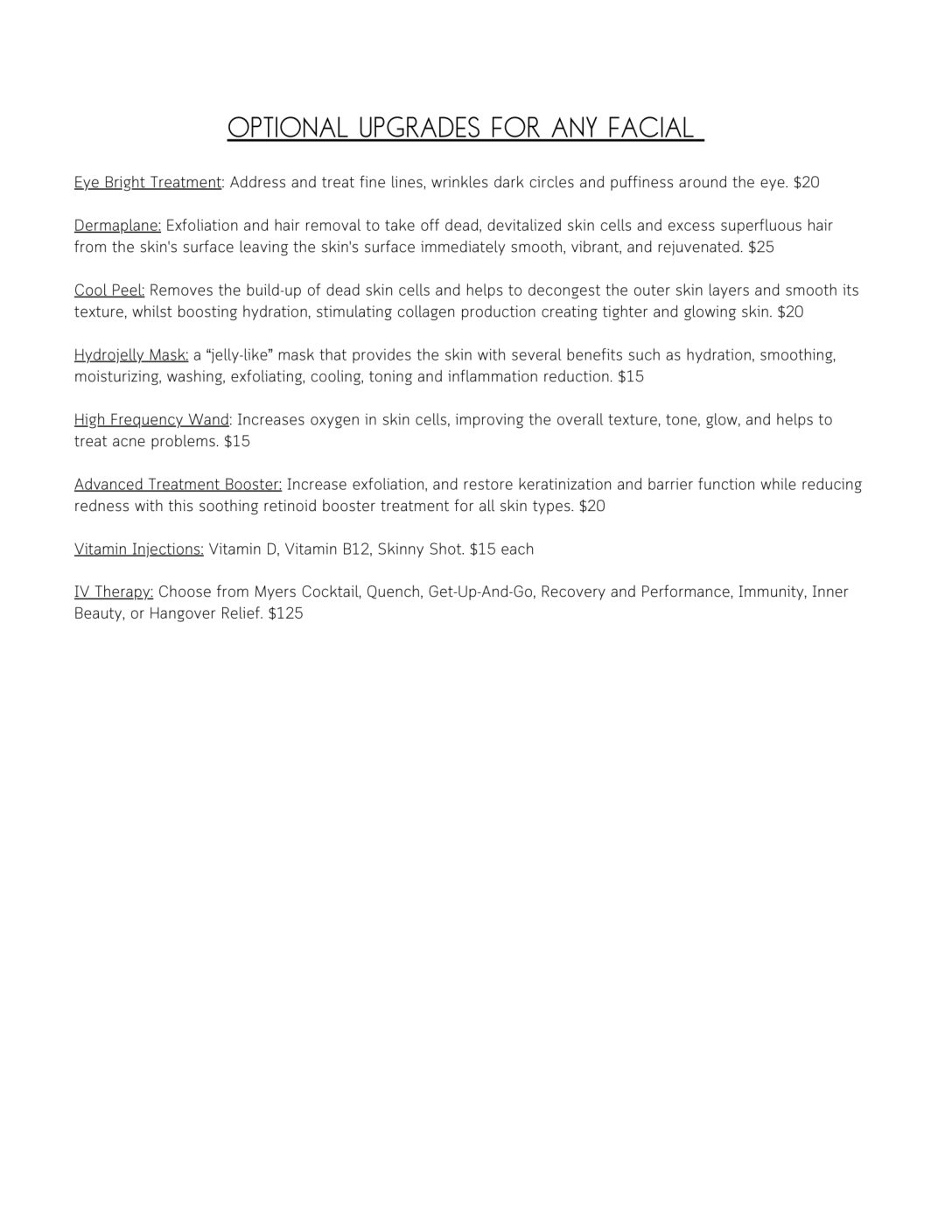When I originally formulated products, I worried about preservatives because of their tendency to irritate skin. Environ® made its mark in the cosmetic world by manufacturing products without any preservatives such as parabens, phenoxyethanol etc. We are extremely proud to run a factory with a compounding department of such highly sanitised systems that would easily equate to an operating room suite. Because of these standards we can maintain our original claim of never adding preservatives to the bulk of our products. Environ users may, however, have noticed a recent contradiction in our declaration of ingredients: to their dismay they may have discovered that some of their favourite products now contain preservatives such as parabens.
Many people have phoned to ask why we have changed our formula and abandoned our original philosophy on parabens. The truth is that we have not changed our formulae and we will never abandon our philosophy of preservative free products (unless it is absolutely necessary). What has changed are the laws in Europe governing the declaration of ingredients.
COLIPA is the governing agency for the whole of the European Union and they have now decided that every ingredient used to make every raw material used in cosmetics has to be declared. This has effectively compelled the raw material manufacturers to declare the special ingredients that they use to make their products. If their product requires preservation from degradation, they may use parabens or other preservatives.
Let me illustrate what happens by citing our experience with just one of the raw materials (substance “A”) that we use for making certain products in the Environ® range. In Substance “A”, the concentration of parabens is 0.04 mg % and we use 5% of this raw material in our products. That means that in our product we will automatically have 0.002 mg% which is a negligible amount of parabens, far below its effective concentration, and very much below the level that might cause skin irritation. However, we are compelled to declare it as an ingredient of our product even though we never added it into the product.
The same is true for other ingredients such as corn starch oil, that have suddenly appeared in our list of ingredients. One of our products, which originally had a relatively simple declaration of about 12 raw material ingredients, now has a declaration of about 45 ingredients.
While we are on the subject of parabens, I should take this opportunity to point out that the hype about parabens originates from people who do not understand enough about chemistry. Arendt and Schiller were two scientists who were awarded the Nobel Prize for their work to validate the ideas of Paracelsus that there were no poisonous chemicals, only poisonous doses. Similarly there are no safe chemicals, only safe doses of those chemicals. Parabens are mistakenly thought to be synthetic molecules, but in fact they are natural components of a vast number of fruits and vegetables. As a result, if we eat fruits and vegetables, we virtually cannot avoid parabens in our diet. Strawberries naturally contain parabens and these parabens help to naturally preserve the fruit. The more resistant the fruit is to pests and decay, the more natural pesticides and preservatives it will have in it. While we worry about synthetic pesticides, Bruce Ames, a famous nutritional scientist, has pointed out that when he examined fruits that had been sprayed, he found that synthetic pesticides were at fractional doses compared to the natural pesticides in the fruit. No one has studied exactly how that impinges on our lives, but there is a suggestion that many of these natural pesticides are carcinogenic. Again, we have to know whether they are present in toxic doses or not according to the Arendt-Schiller Law. One thing we can be certain of: botanical products that have not been highly refined will contain these pesticides as well as parabens.
I know that fear mongers have raised the question as to whether parabens in personal care products could cause breast cancer. They reason that the use of under-arm deodorants in particular, generally contain parabens, resulting in more parabens appearing in breast tissue in the upper quadrant of the breast. If they read more about the history of breast cancer, they would have discovered that breast cancer was more common in the upper outer quadrant of the breast according to a report in about 1850. I don’t think parabens were being used in those days and I doubt that anyone used any deodorants commonly used today. The fact that breast cancer tissue contains parabens might only reflect how many strawberries and other fruits the patient ate and they might be there coincidentally and have nothing to do with cancer induction. Even monstrous doses of parabens have not induced cancers in cell cultures. However, parabens and other preservatives do cause skin irritation and that’s why I still will not use them in formulating Environ® products unless the formula can only be protected by adding them.






